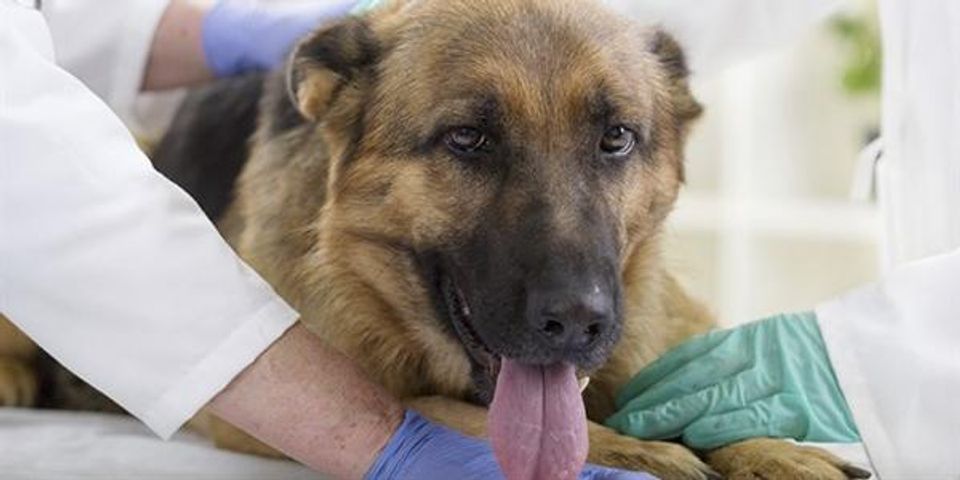
When it comes to your pet, you would do anything to keep him safe, happy, and healthy. Preventive veterinary care at the Montgomery Animal Hospital will help to ensure that your pet is healthy, and allow problems to be found before they become serious.
But when an emergency strikes, seek veterinary help immediately. Here are steps you can take to ensure your pet’s comfort until you can get to the veterinary hospital. Always use caution, however, since scared or painful pets can bite even their owners.
Help! My pet is bleeding!
Apply pressure directly to the bleeding site with a clean cloth or towel for a minimum of three minutes. This is important, as it takes time for the blood to clot. If you remove the cloth or towel too soon, you may remove the blood clot that is forming and have to start all over.
Keep in mind also that ears, gums, and nails tend to bleed more than other areas of the body. If the cloth or towel soaks through, do not remove the material. Instead, add more cloth or towels to the site until the blood has clotted. Consult your veterinarian right away.
Help! My pet is limping!
Check your pet for puncture wounds or broken tonails that may cause the problem. Be sure to monitor your pet for any other issues, such as vomiting or collapse, and restrict activity until veterinary care is available. Do NOT give human pain medications like tylenol or advil - they're toxic to pets.
Help! My pet is having a seizure!
Seizures are scary to witness, but the first thing to do is look at a clock. 10 seconds can feel like a minute when your pet is seizing in front of you. During a seizure, move objects and other animals away from the seizing pet and prevent your pet from falling down stairs or off furniture. Do not try to move or restrain the seizing pet. Also be sure to keep your hands and fingers away from the pet’s face and mouth.
Record a description of the seizure, including its duration. Once your pet has recovered, keep him quiet and warm and contact your veterinarian as soon as possible.
Help! My pet is vomiting!
Check for any toxins or foreign material your pet may have gotten into, such as plants, food, household chemicals, or medication. If you believe your pet has ingested a toxic substance, contact your veterinarian or a poison control hotline immediately.
If your pet is not experiencing any other signs of illness, you may fast him for 24 hours (give water only) and monitor his symptoms. After 24 hours, you may introduce a bland diet of rice and boiled chicken. Feed a small amount and watch for vomiting.
If symptoms persist, however, contact your veterinarian.
Remember, when it comes to your pet’s health, your best bet is always to seek veterinary expertise.
Article adapted from Katie Meyer's blog post at AAHA PetsMatter.
Photo
About the Business
Have a question? Ask the experts!
Send your question

